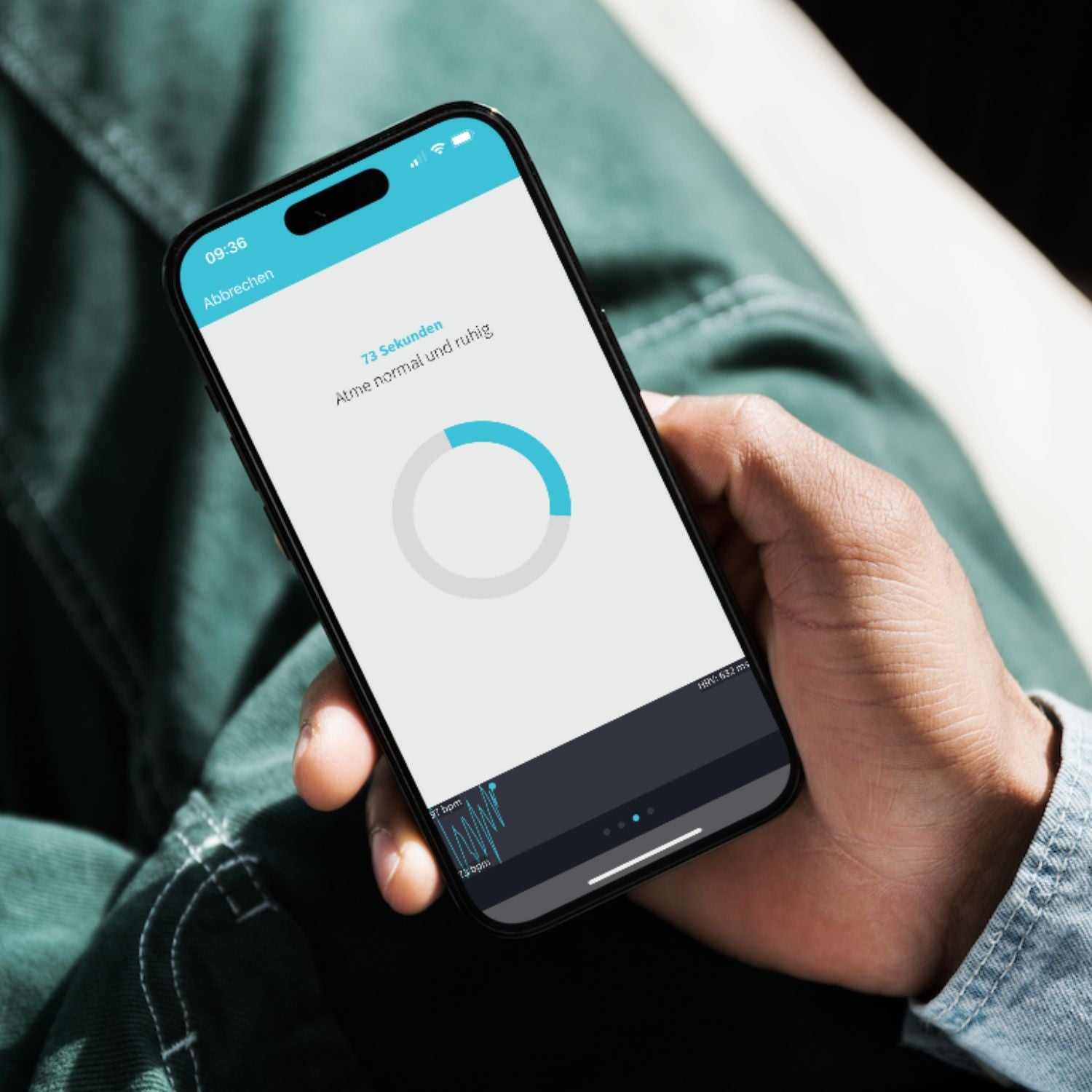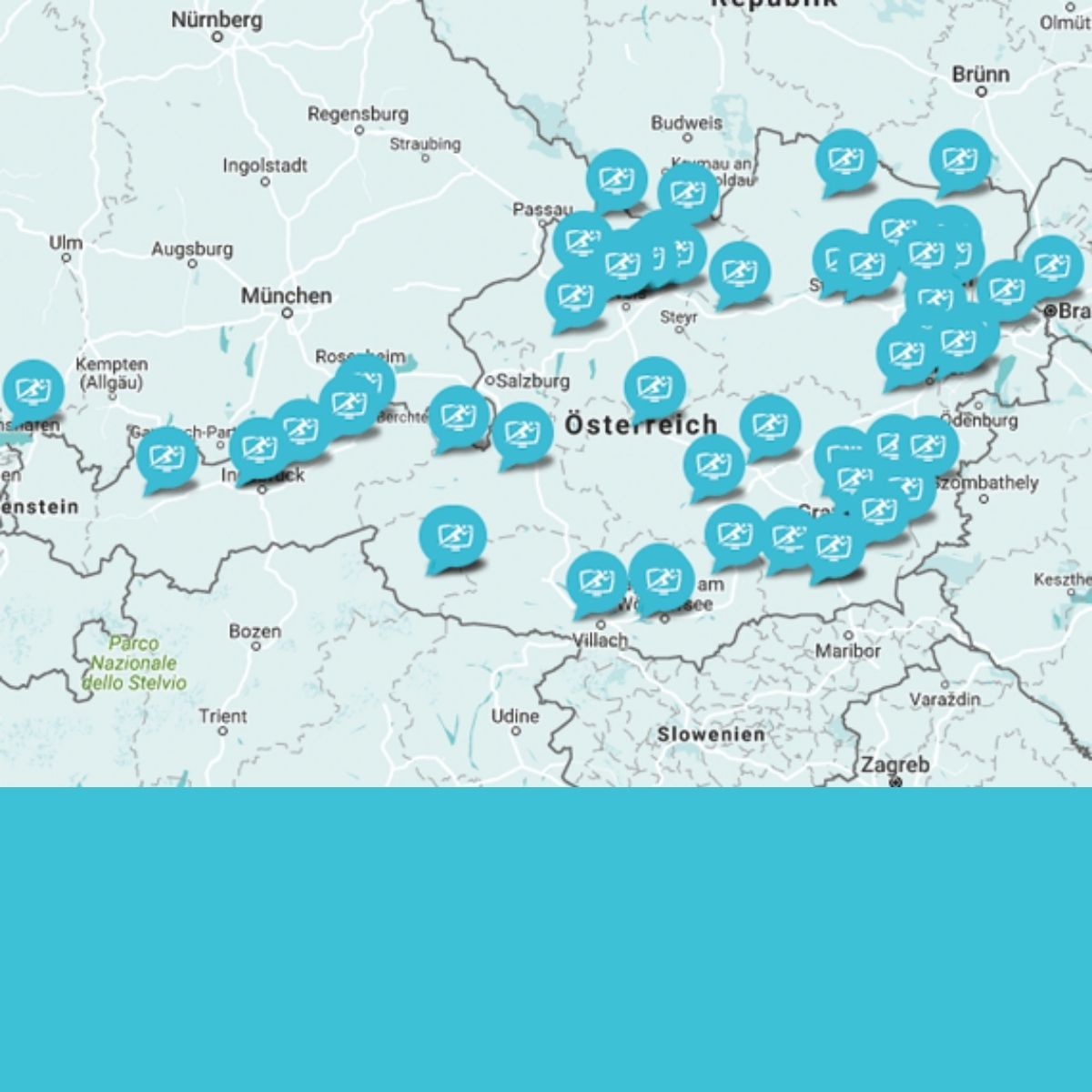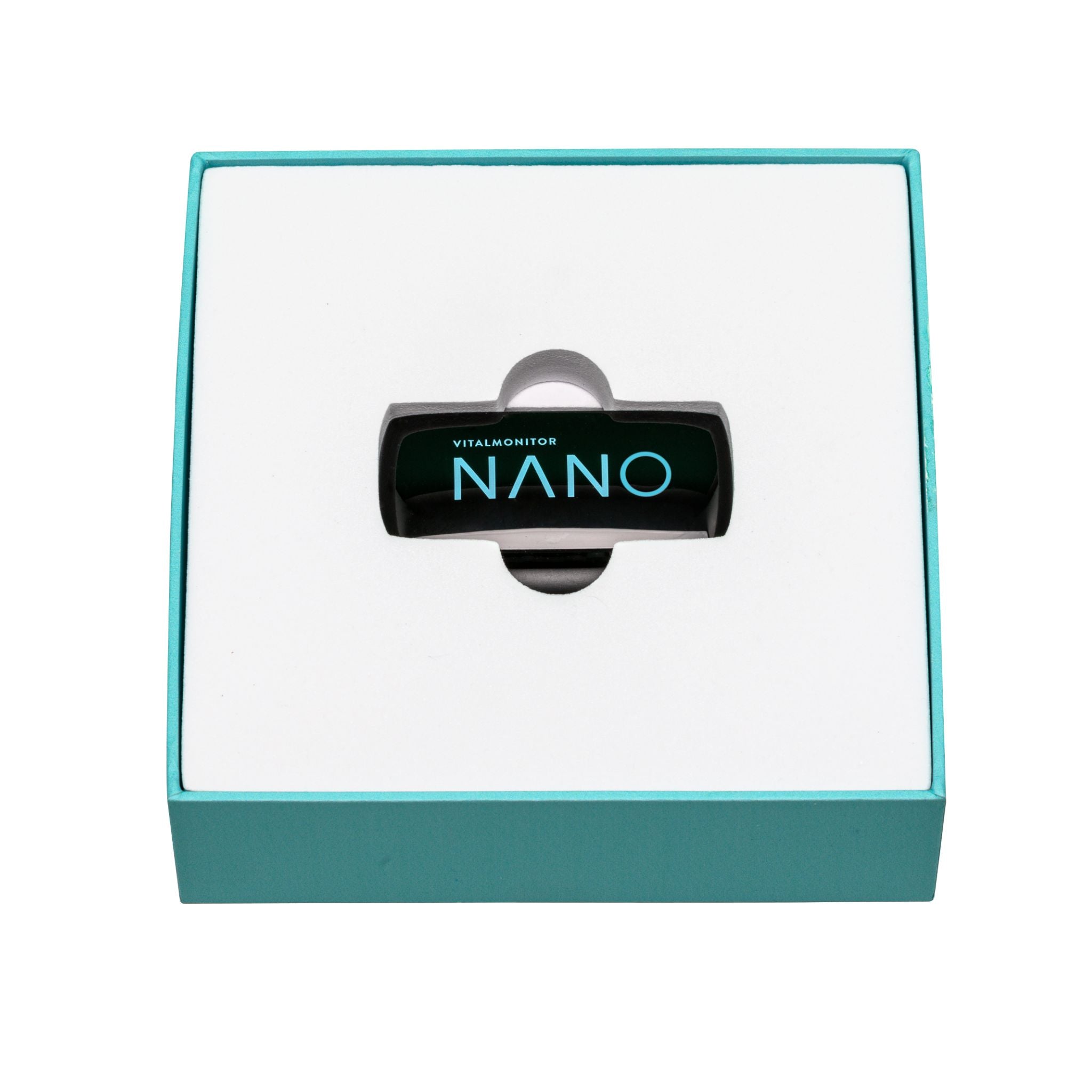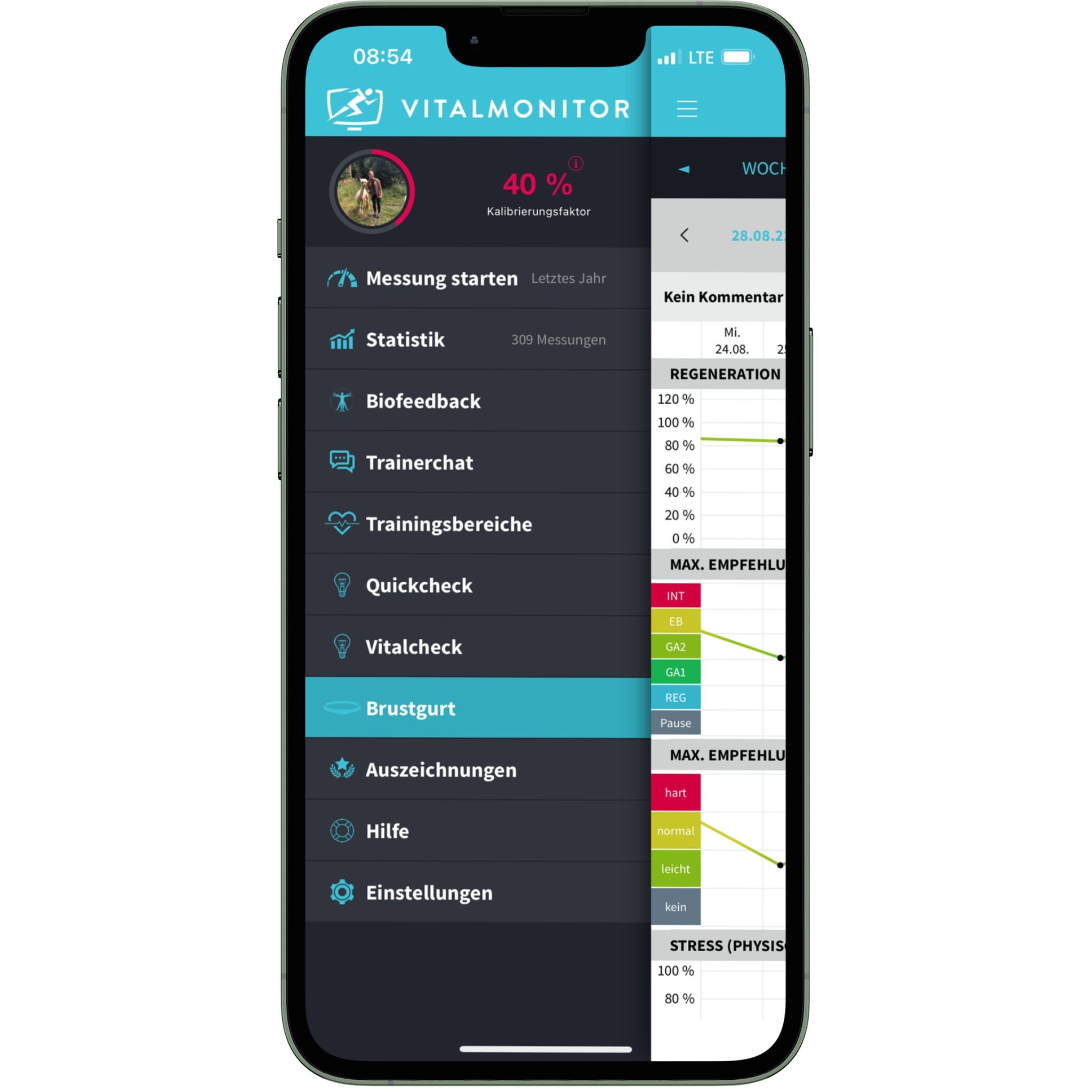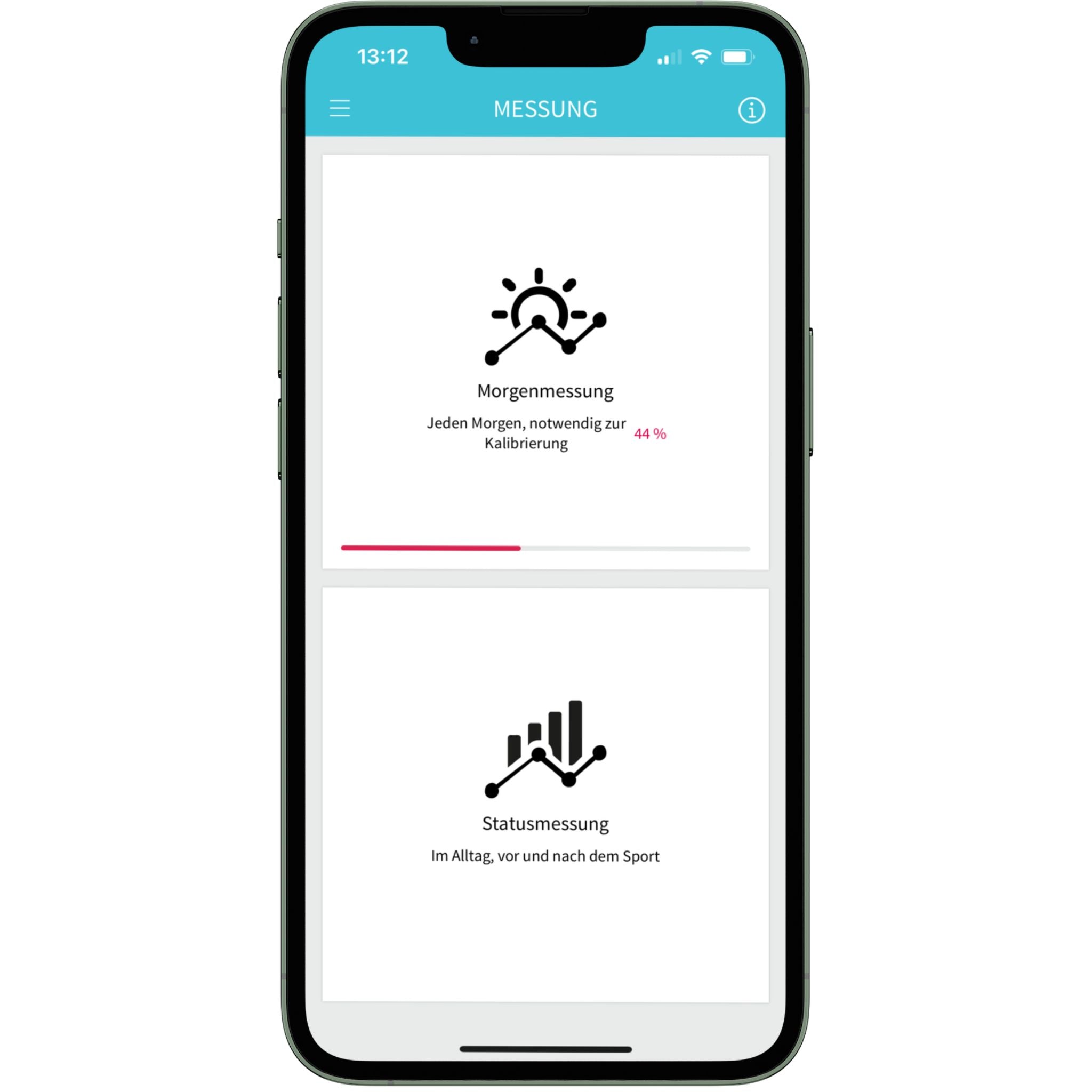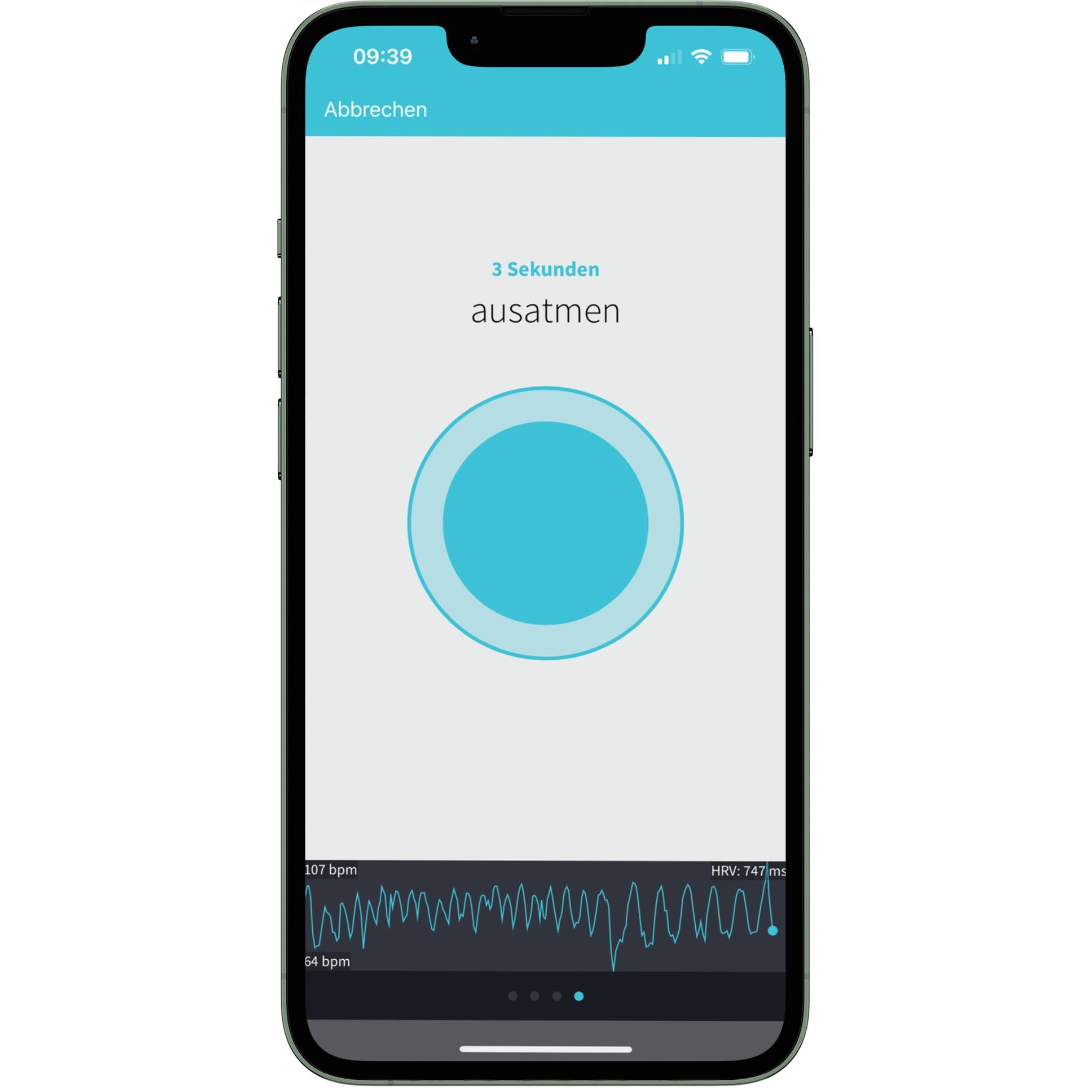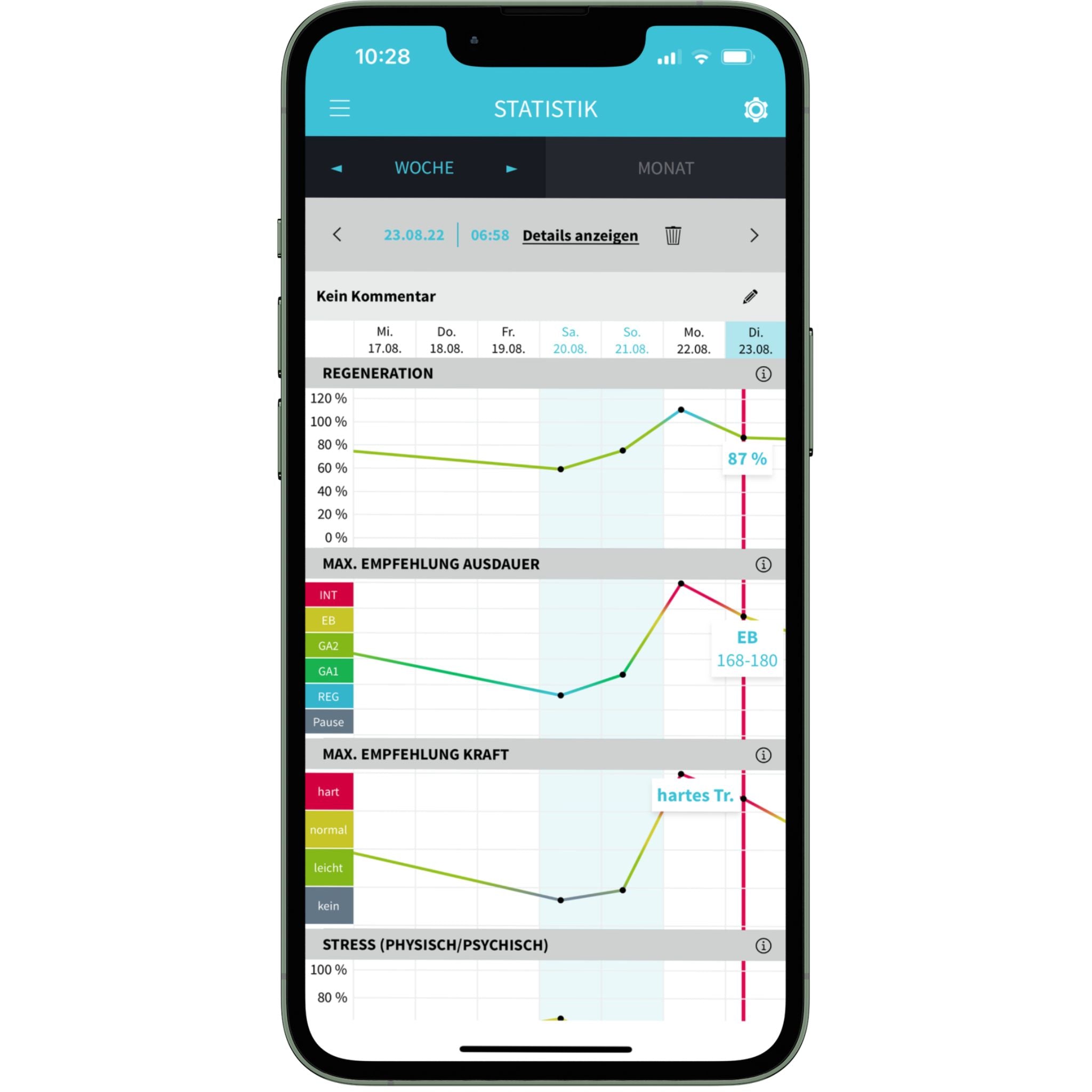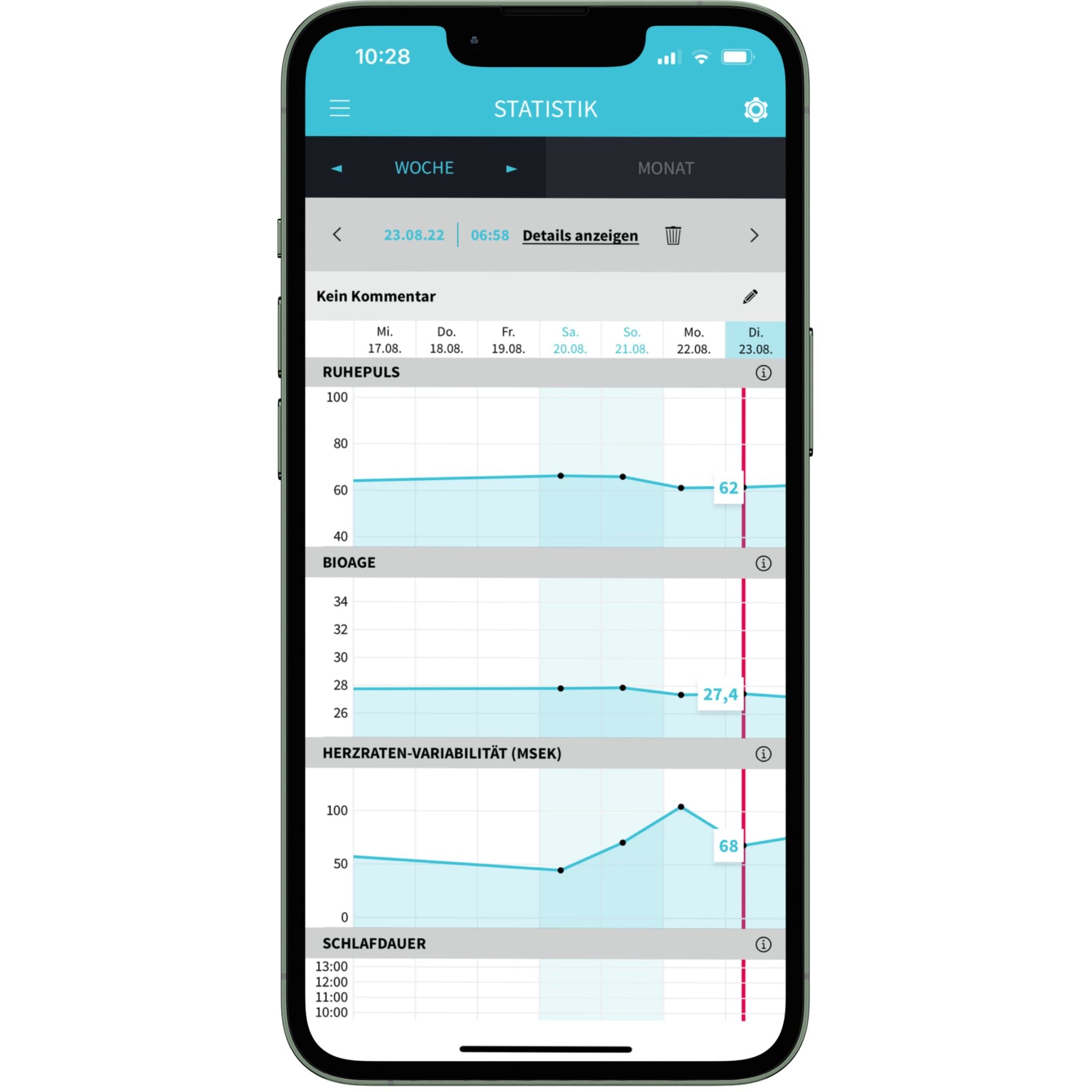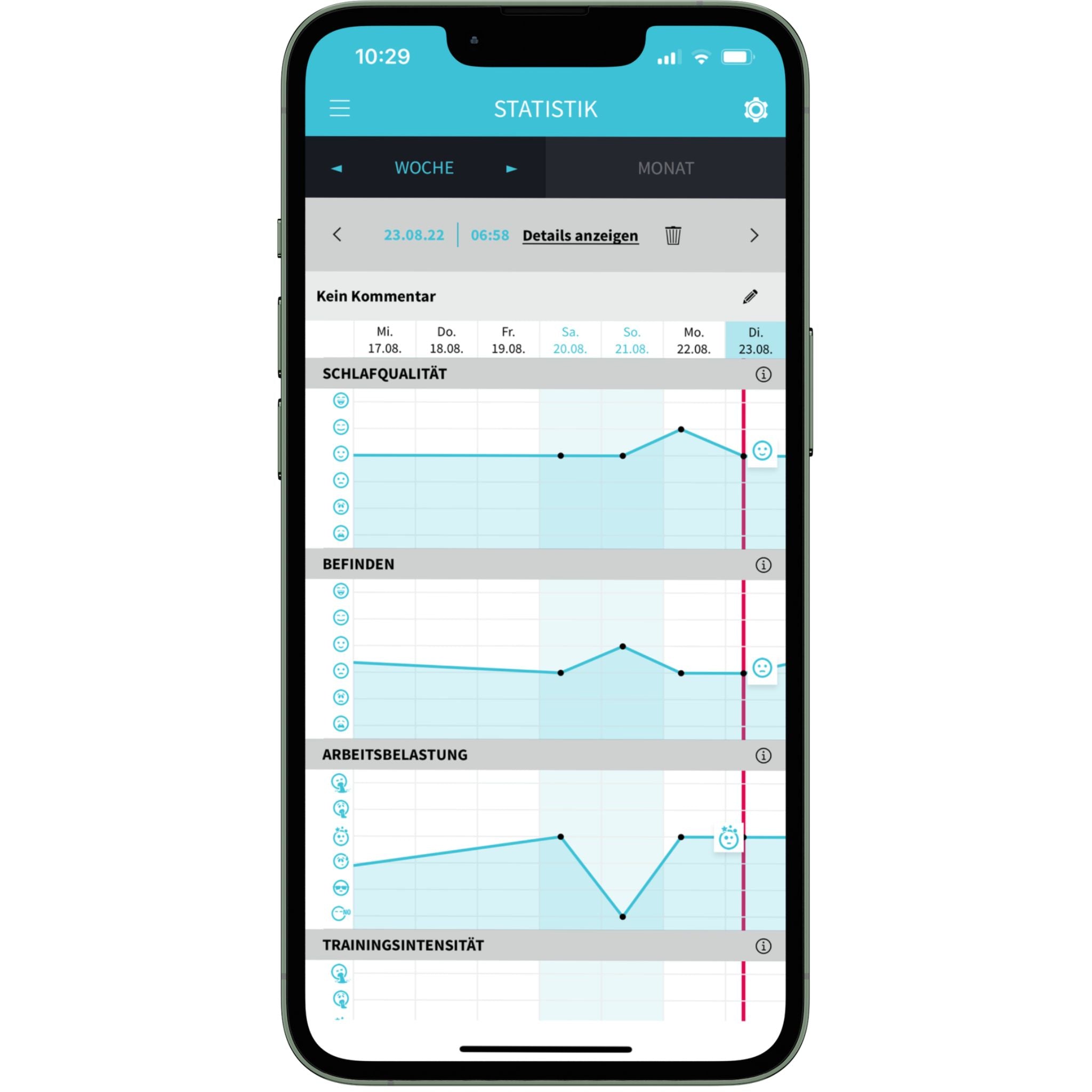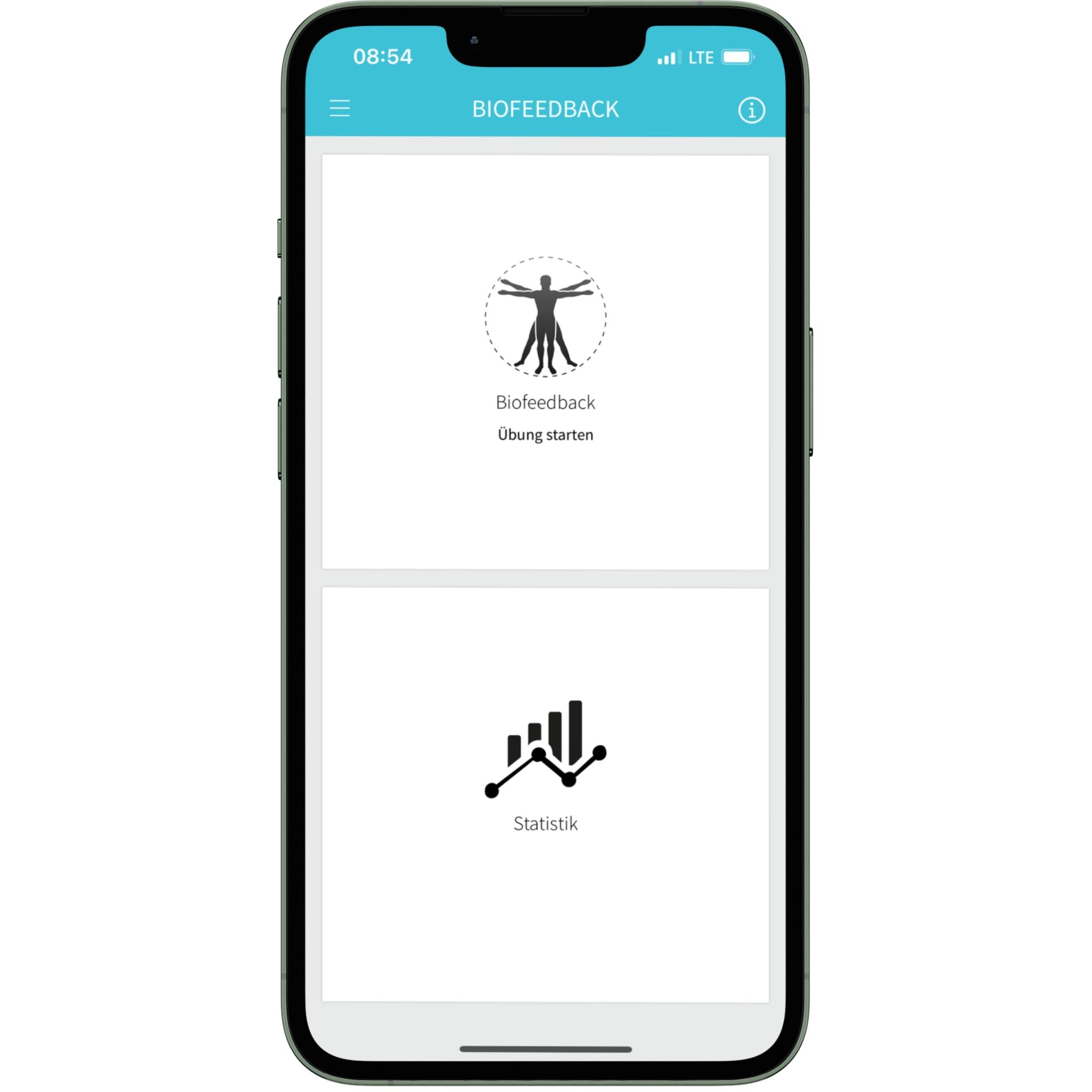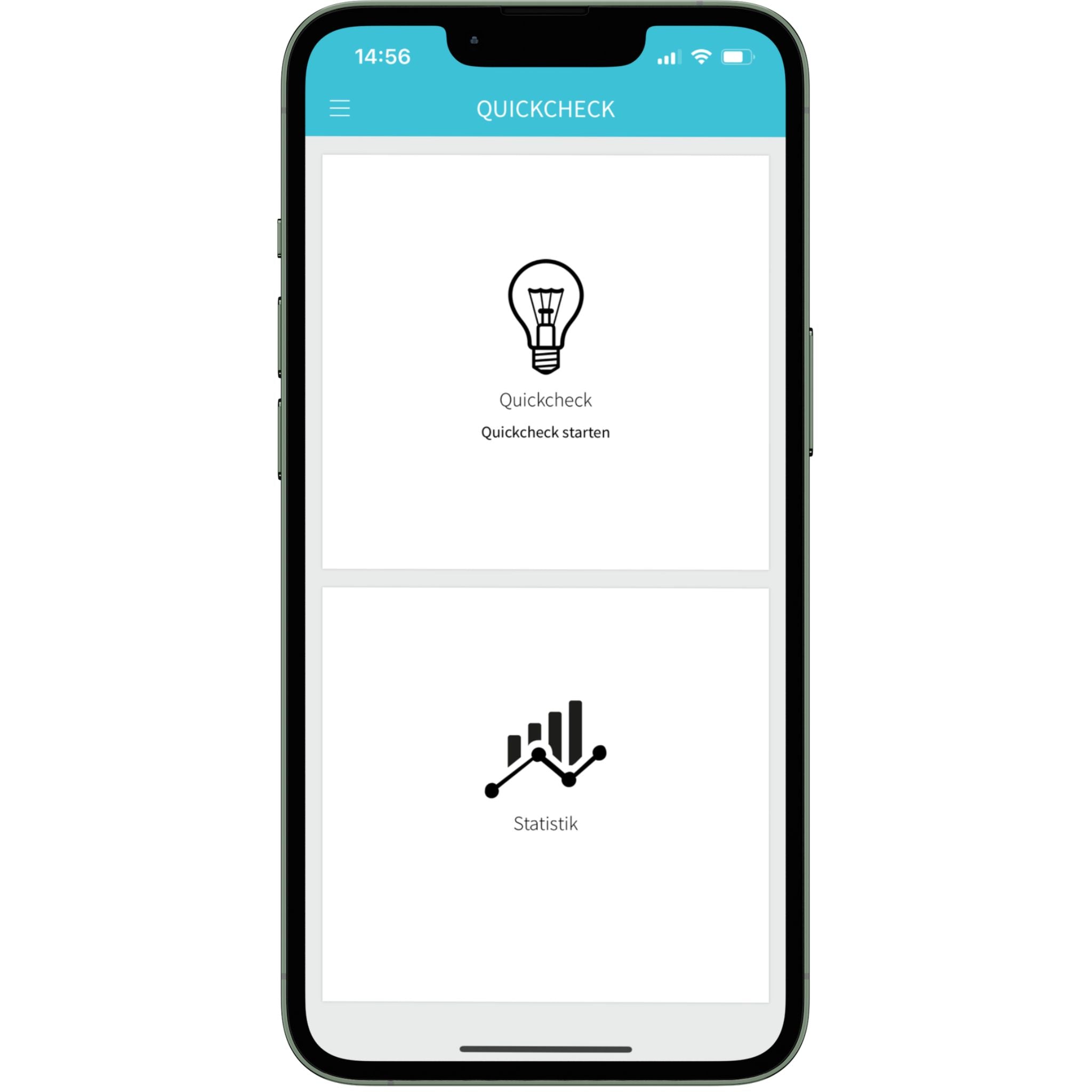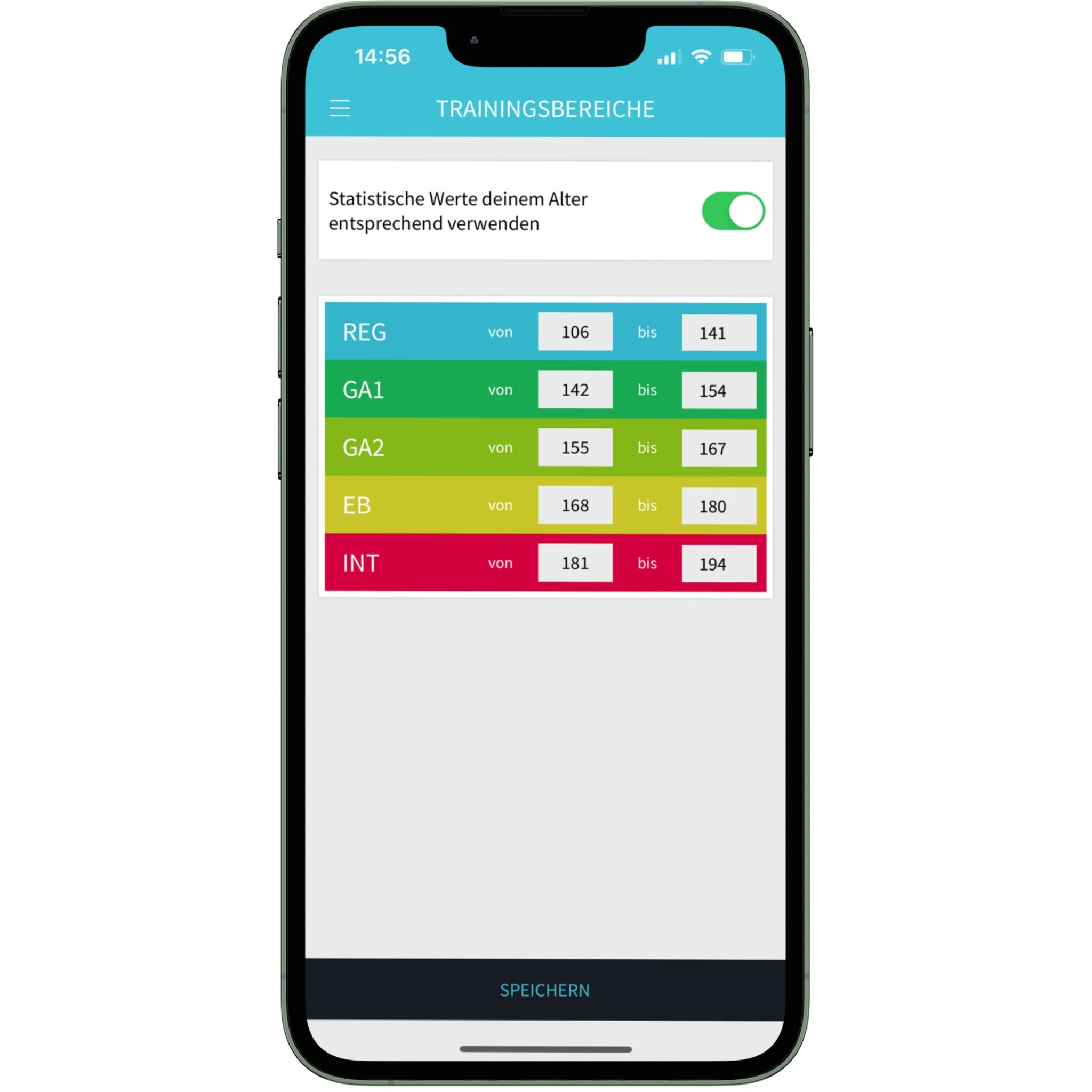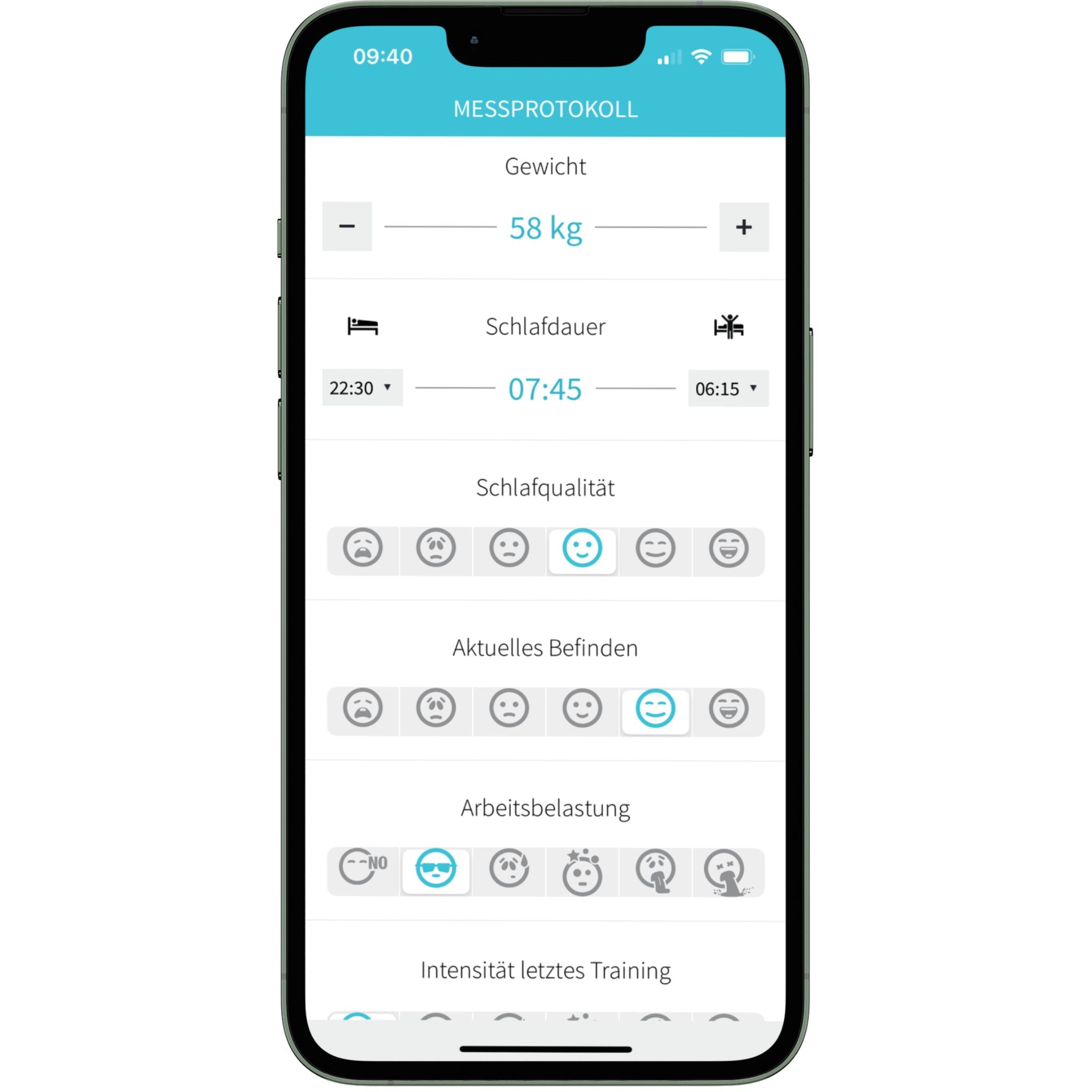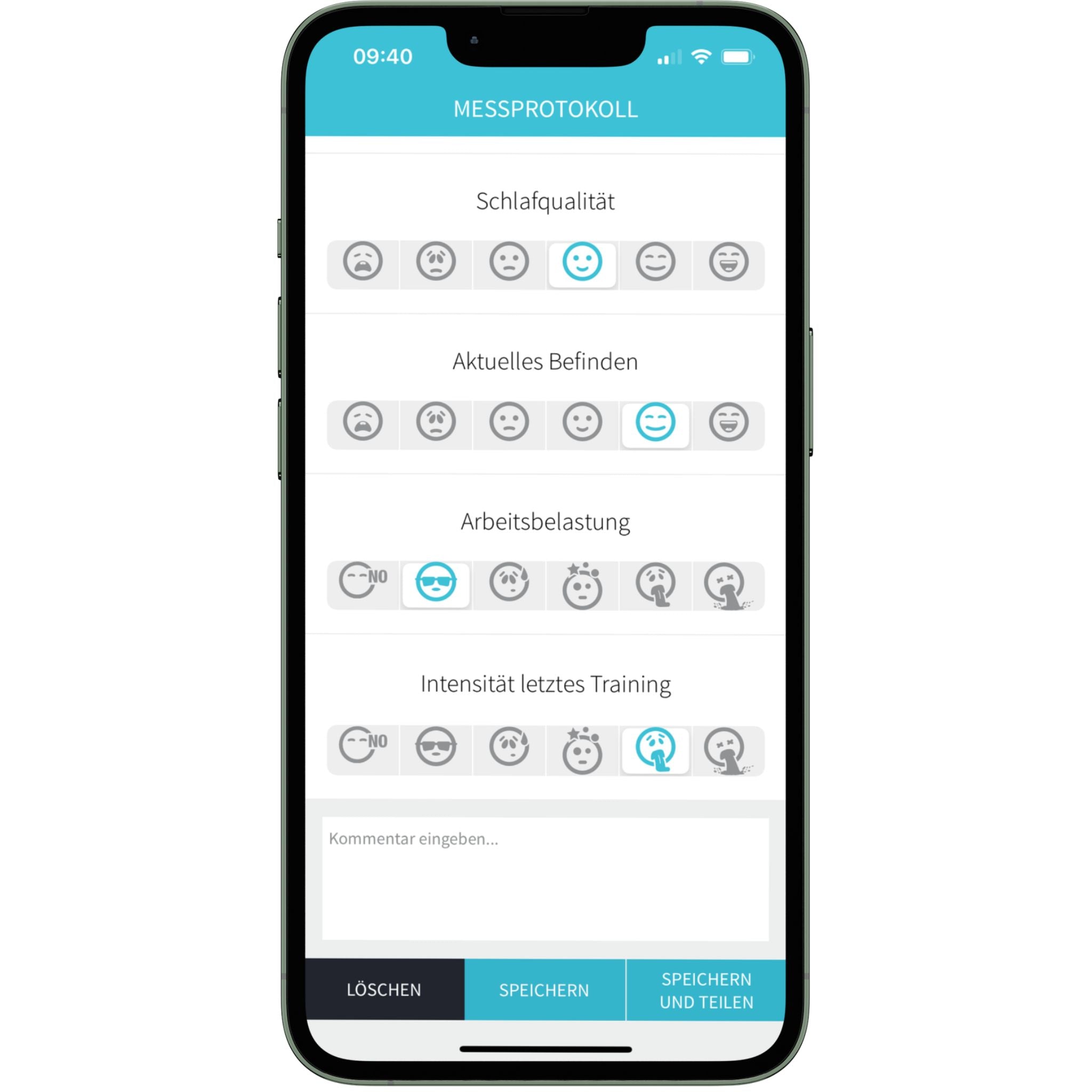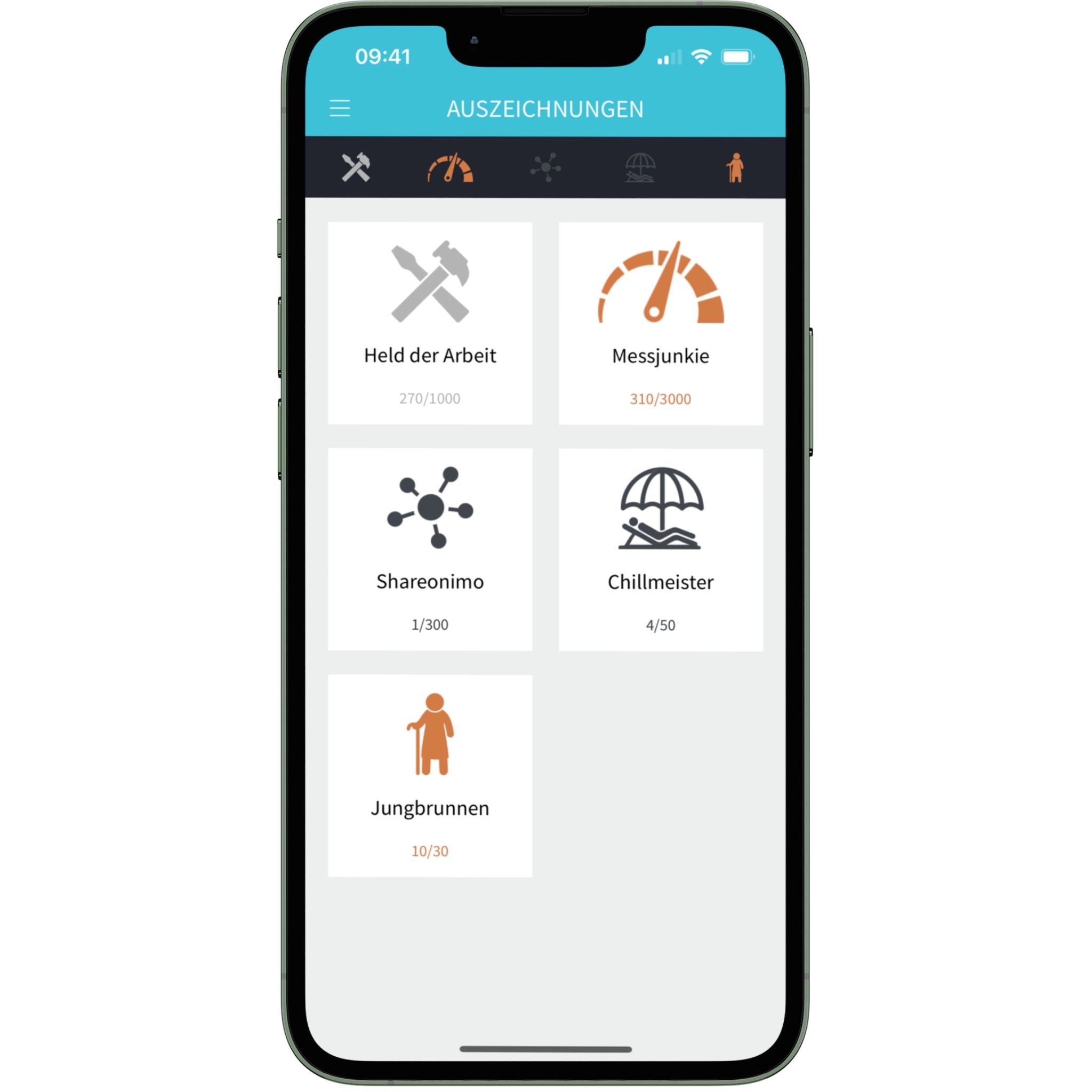In detail
WHAT IS OVERTRAINING?
Overtraining means your body is constantly at its limit. You're not giving him enough time to fully recover. Your body can no longer compensate for the stress with recovery times. Your performance deteriorates even though you train often. The more you train, the worse it gets - you notice a drop in performance. Overtraining represents a gradual overload . However, overtraining does not necessarily have to come from training that is too hard. Stress in other areas of life can also have a negative impact on your training success and pave the way for overtraining.
REASONS FOR OVERTRAINING:
- Too many training sessions
- Training too intense
- Deterioration of regenerative conditions
HOW DOES OVERTRAINING OCCUR?
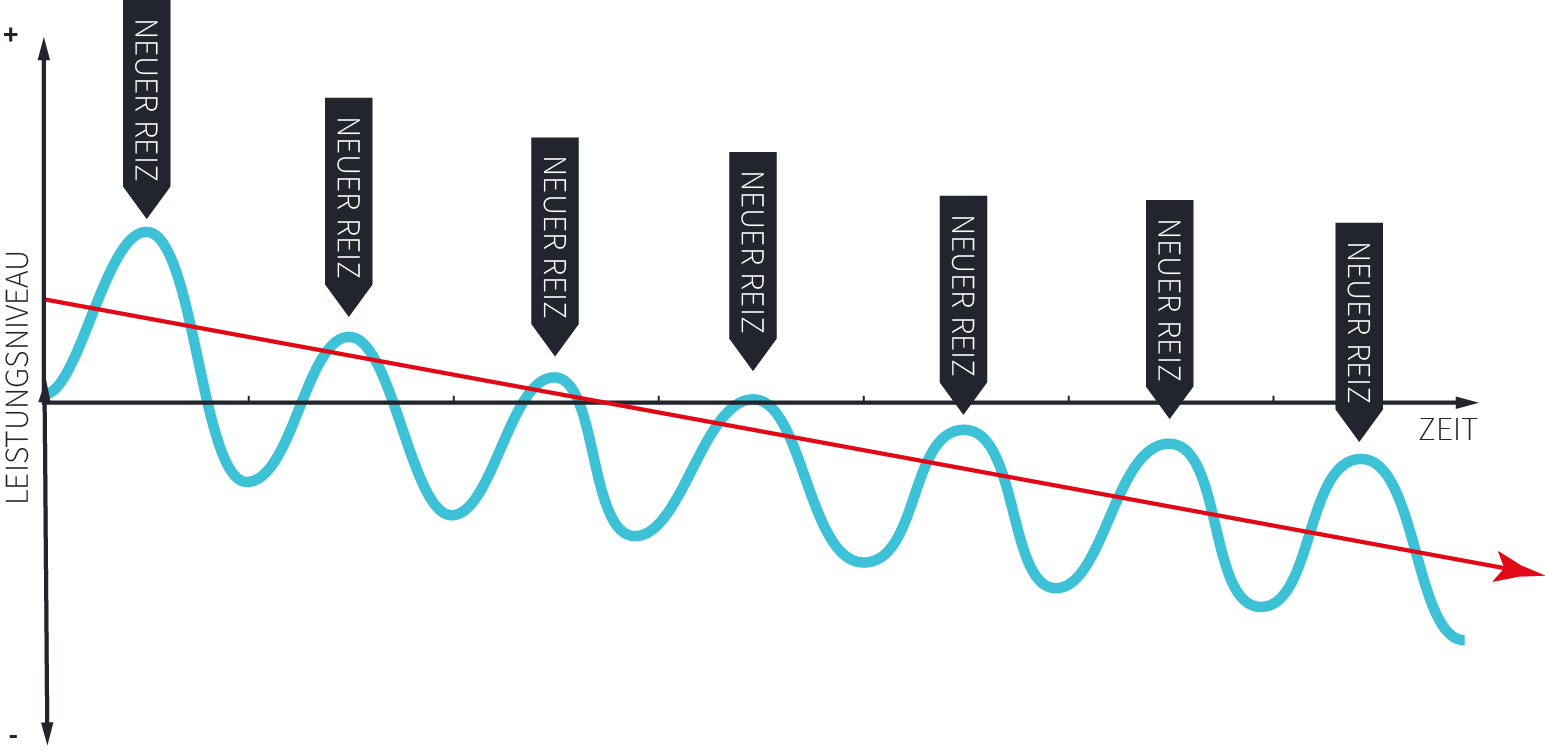
The new stimuli are set before the old ones are fully processed. This leads to a deterioration in performance in the medium and long term.
“Many people react to training setbacks by gritting their teeth and training even harder. This is counterproductive. The reason for stagnating performance is often a chronic overload reaction . There is too much training and you don’t recover enough in between,” explains Bernhard Schimpl, himself a performance diagnostician and trainer.
HOW DO YOU KNOW THAT YOU ARE OVERTRAINING?
The following symptoms can indicate that you are overtraining:
- Poor results despite hard training
- Tiredness, exhaustion
- Loss of appetite
- irritability
- sleep disorders
WHY IS OVERTRAINING DANGEROUS?
Overtraining can cause a number of problems of varying severity:
- When you get up, your vision goes black - this can lead to collapse.
- You are more susceptible to infections and therefore get sick more often. This in turn reduces your performance even further.
- Your risk of injury is higher. In the worst case scenario, this can mean the end of your sporting career.
OVERTRAINING - THAT'S WHY I DEVELOPED THE Vitalmonitor
Our founder, Martin Konrad, reports why he developed the Vitalmonitor:
“I have always been an athlete and very competitive. I've always wondered why you can't measure physical performance as easily as measuring your weight on the scales or your body temperature with a thermometer. I used to be a decathlete. I had a coach who wrote my plans. However, I always wanted to achieve more , faster. That's why I added additional training sessions in addition to my prescribed units. Unfortunately, that took its toll: my performance continued to deteriorate despite harder training . In my youthful recklessness, I responded to this with even more training. During one of the following sessions I suddenly felt a sharp pain in my foot. I couldn't walk any further. Diagnosis : “ Chronic muscle hardening in the calf”. Although I tried a few more times to continue my decathlete career after recovering, I never succeeded. After a few weeks of training, the old inflammation flared up again.
HOW DO I RECOGNIZE OVERTRAINING WITH THE Vitalmonitor?
In the Vitalmonitor app or in the portal you can recognize overtraining because your regeneration is no longer recovering . In the following example you can see how our user constantly overtaxes his body. He doesn't allow enough regeneration time and therefore slips into overtraining from mid-October. It only barely manages to get out of the red zone on a few days. The solution is to increase recovery time or reduce the intensity of training sessions . The longer you are in overtraining, the harder it will be to get out of it.

This means you can use the Vitalmonitor to measure your willingness to train at any time and constantly improve your performance level:
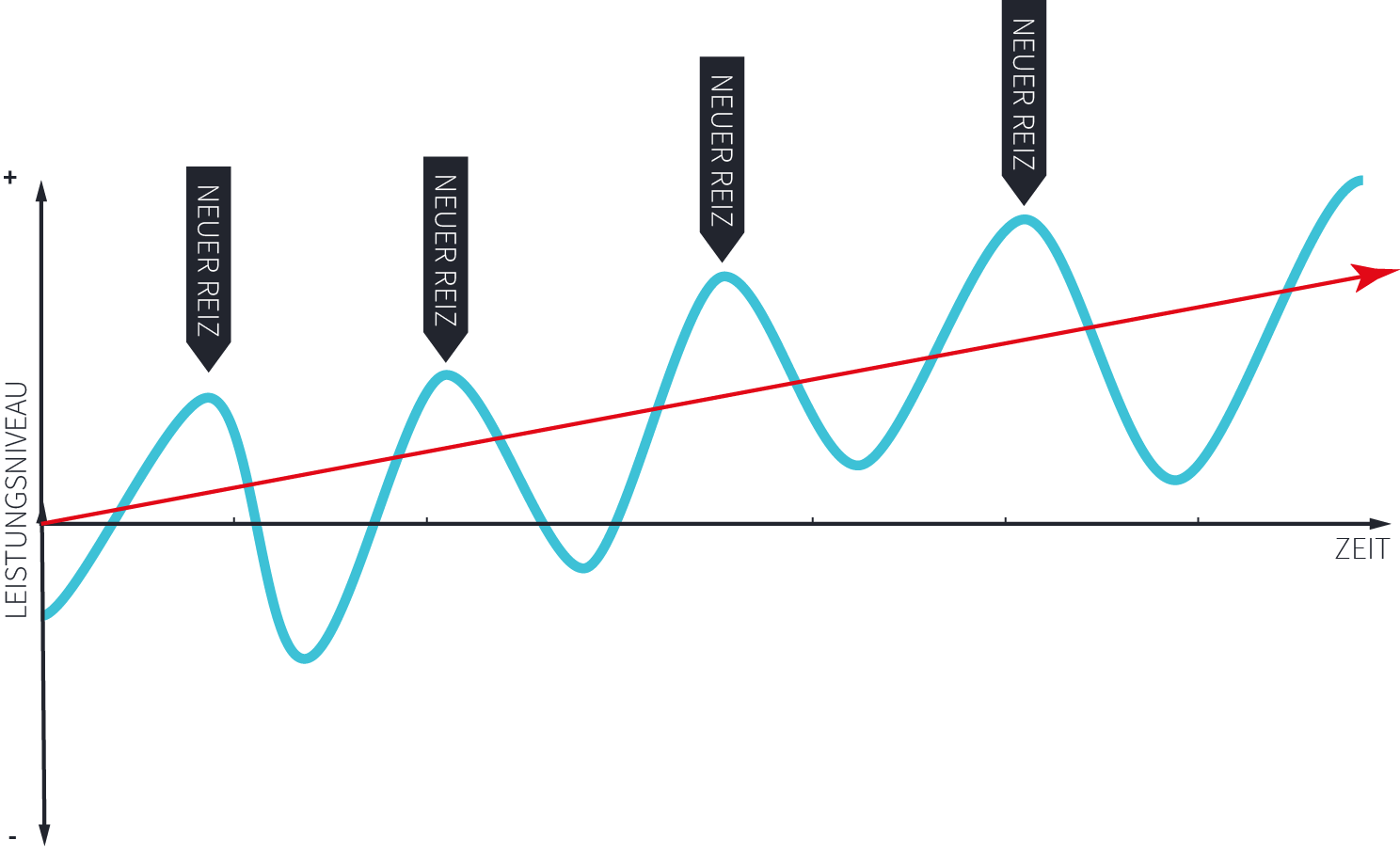
New stimuli are only introduced after the old stimuli have been processed. This will allow you to increase your performance in the medium and long term and achieve new best times.






